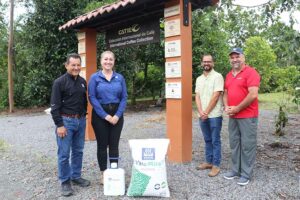NAR Consortium creates regenerative food business community for Latin America and the Caribbean
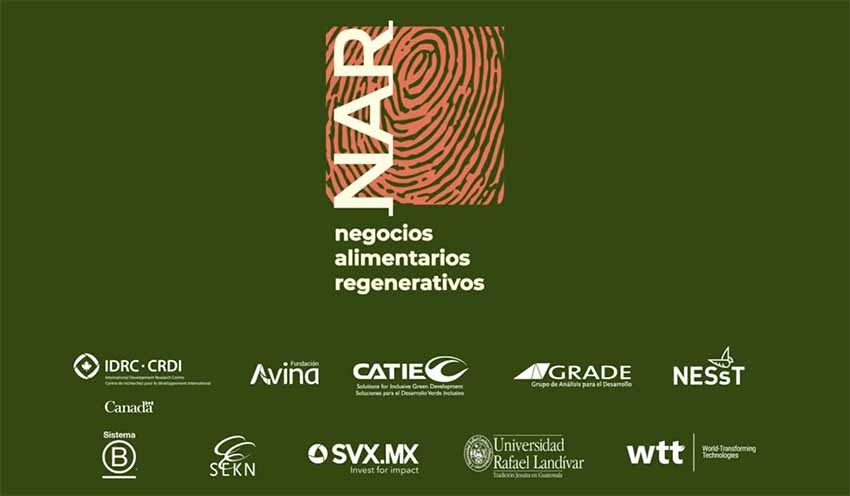
- The Regenerative Food Business Consortium (NAR) launches its virtual platform: HUB NAR
August 4, 2023. The Regenerative Food Business Consortium (NAR) officially presented HUB NAR, on August 4, a collaborative virtual platform designed to connect and empower ideas, experiences, opportunities, and knowledge in the field of regenerative food businesses in Latin America and the Caribbean.
This platform's main objective is to provide visibility and disseminate the various businesses and actors that are developing regenerative-focused experiences, whether advanced or in transition. In turn, HUB NAR presents itself as a knowledge platform and an exchange of experiences in the field of regenerative food businesses and regenerative agriculture, promoting virtual meetings, dialogues, and debates, and providing support tools to strengthen the ecosystem.
HUB NAR emerges from the project "Regenerative Food Businesses and investment with gender lenses: regeneration for the reconstruction of the Amazon and Central American Dry Corridor of Latin America and the Caribbean"; financed by IDRC Canada, coordinated by the AVINA Foundation and implemented by a consortium of 10 Latin American organizations. Specifically, the creation of HUB NAR aligns with the third axis of said project, which aims to promote a learning and practice community focused on the regeneration of the Latin American territory.
"We hope that, thanks to the visibility that the platform provides, more and more businesses and actors exchange interests, and that more information circulates about the regenerative approach. This will allow concrete actions to occur, strengthening the ecosystem so that regenerative food businesses multiply and have a positive impact on their territories," said Bruna Amante, member of the NAR Consortium team.
HUB NAR is aimed at any person, business or entity interested in knowing, integrating or moving towards the regenerative approach. This includes producers, early-stage businesses, advanced businesses with experience to share, associations, cooperatives, public or private organizations and entities, and decision-makers, among others.
Users of HUB NAR will have access to a series of benefits, which include meeting businesses or supporting actors interested in the regeneration of food systems, the possibility of joining the platform's map to increase the visibility of their work, access to a common understanding of regenerative food businesses and regenerative agriculture, as well as to spaces for discussions and exchange of practices.
In addition, they will be able to keep up to date with news and events related to this community and the regenerative approach, and in the future, they will have access to tools that contribute to the identification and promotion of regenerative initiatives.
Regenerative food businesses, according to the NAR Consortium, are initiatives that prioritize the centrality of nature within the business approach to food production, where conservation, restoration, and strengthening of ecosystems are central axes. These businesses are also aligned with a comprehensive and holistic approach that seeks to distribute equity, sociocultural justice and economic prosperity throughout the entire supply chain to which they are linked.
"Our perspective on Regenerative Food Businesses is that they inevitably respond to a need, to produce food for humanity, leaving aside the negative environmental impacts generated by the current dominant mode of production, and to do so with an inclusive social perspective, particularly strengthening the role of women in businesses and their value chain," said Pablo Vagliente, coordinator of the NAR project.
In the upcoming stages of HUB NAR, it is expected to integrate more information and tools into the platform, add more businesses and support actors from all over Latin America and the Caribbean, receive contributions from users on documents and studies, and promote events and debates for the NAR community.
"We hope that this platform will become increasingly strong, add more people, and be a space where actors and businesses that promote the regeneration of the region meet," commented Muhammad Ibrahim, general director of CATIE, an institution that is part of the NAR Consortium.
About the NAR
The NAR Consortium aims to address urgent, global issues, especially present in the Latin American context. It is made up of 10 organizations: AVINA Foundation, CATIE, the Group for the Analysis for Development (GRADE), the International Development Research Center (IDRC), NESsT, the Social Enterprise Knowledge Network (SEKN), Sistema B, Social Venture Connexion-Mexico (SVX Mexico), Rafael Landívar University (URL) and World-Transforming Technologies (WTT).
"If the countries of the region, through their rulers, and the companies that produce and market food, understand the great contribution that regeneration can make in a context of extreme climate changes, we have no doubt that we will be taking decisive steps towards the paradigm shift. This platform will be, in that direction, a powerful collaborative evidence support," concluded Vagliente.
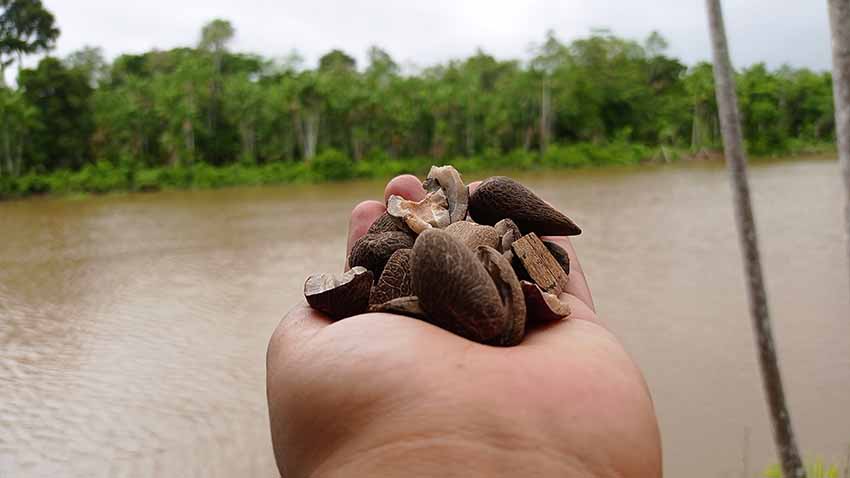
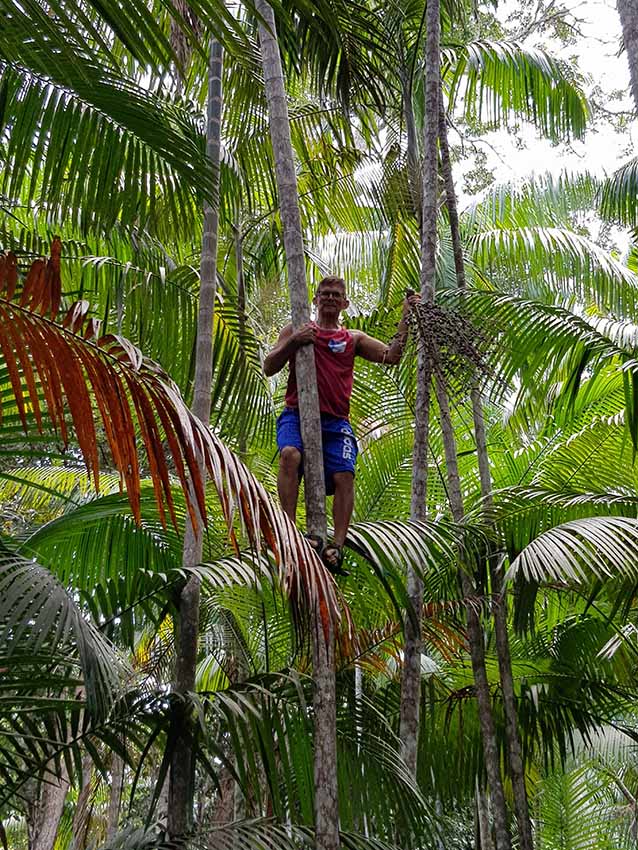
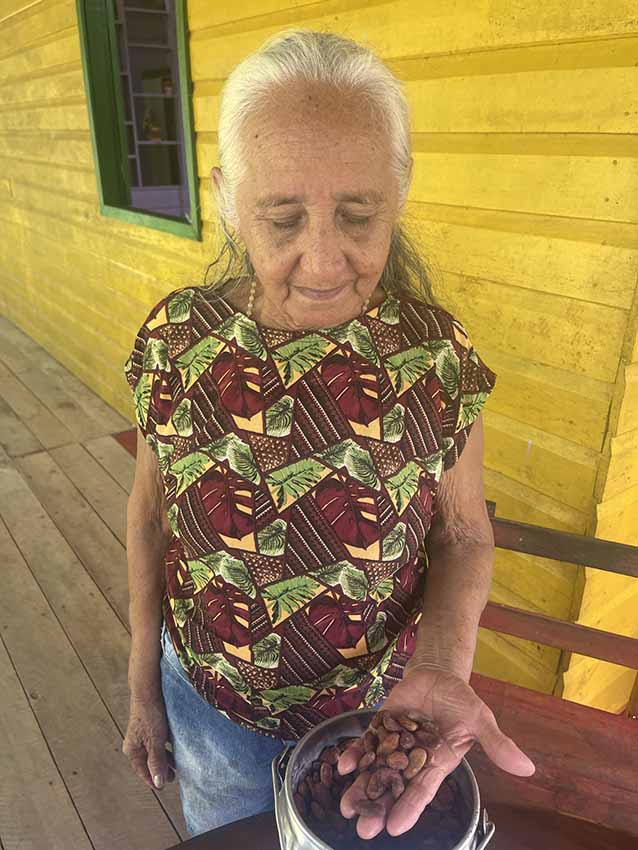
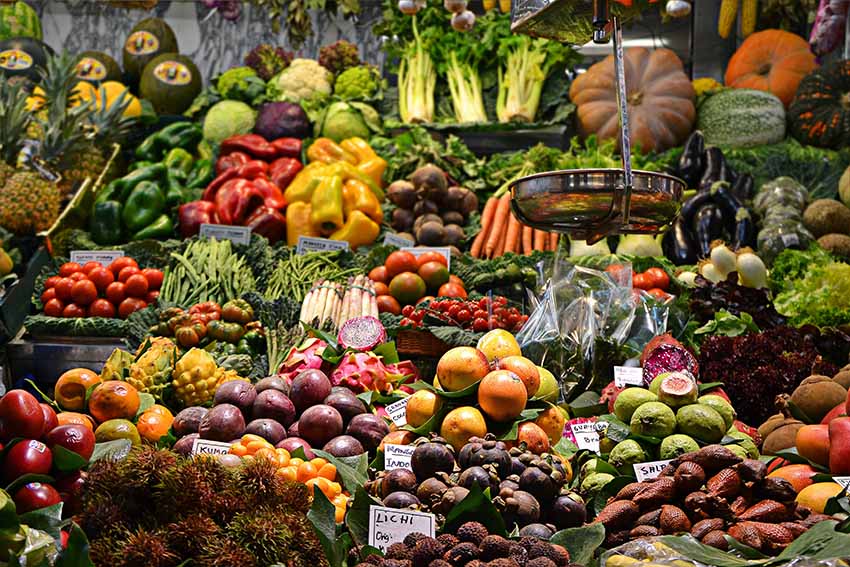
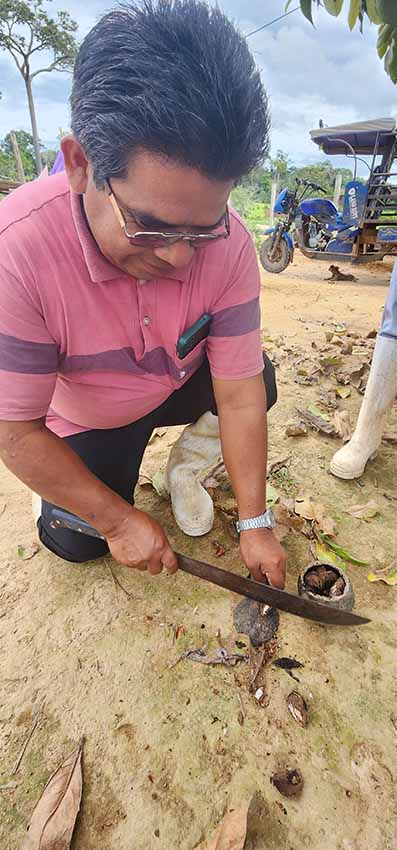
More information:
Pablo Vagliente
Coordinator of the NAR project
AVINA Foundation
naregenerativo@gmail.com
Mabel Arcos
Member of the NAR Consortium team
CATIE
mabel.arcos@catie.ac.cr
Written by:
Karla Salazar Leiva
Communicator
Communications and Marketing Office
CATIE
karla.salazar@catie.ac.cr

